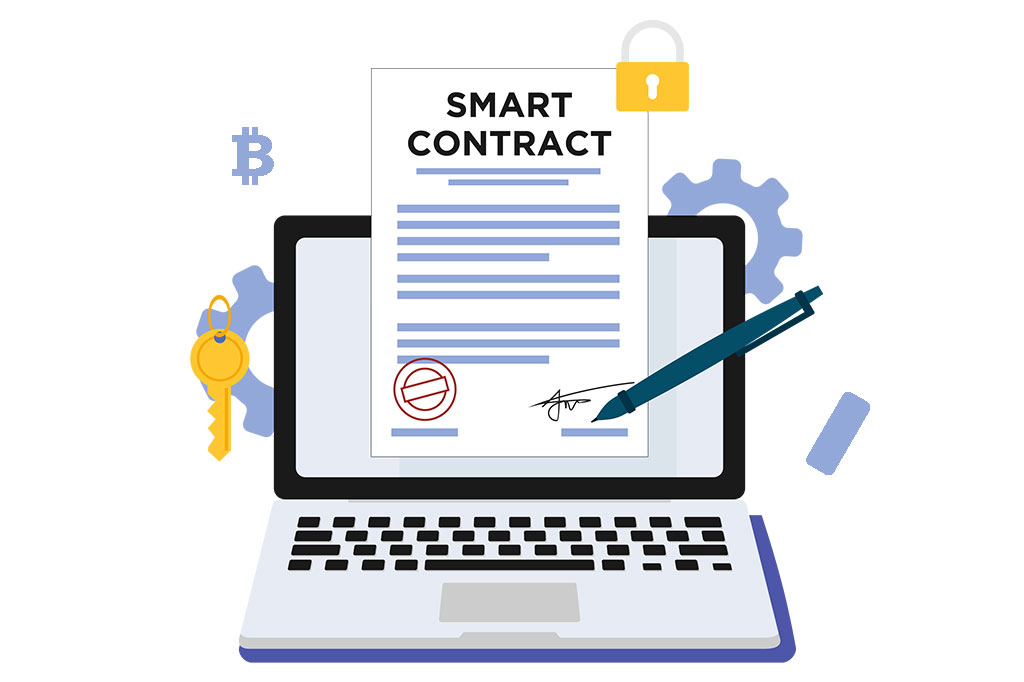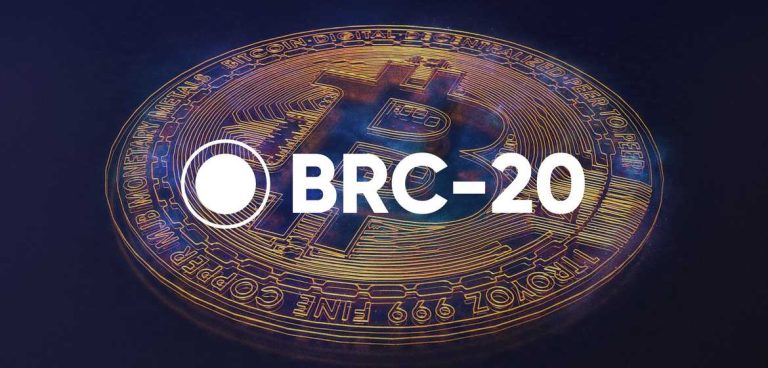What is a Smart Contract
Smart contracts are typically used to automate the execution of an agreement so that all participants can be immediately certain of the outcome, without any intermediary’s involvement or time loss. They can also automate a workflow, triggering the next action when predetermined conditions are met.
Smart contracts permit trusted transactions and agreements to be carried out among disparate, anonymous parties without the need for a central authority, legal system, or external enforcement mechanism.
Ethereum has smart contract capabilities inherent to its blockchain. The Bitcoin blockchain received smart contract abilities after its Taproot upgrade, which allowed it to communicate to layers that have smart contracts enabled on their blockchains.
Brief History of Smart Contracts
Smart contracts were first proposed in 1994 by Nick Szabo, an American computer scientist who conceptualized a virtual currency called “Bit Gold” in 1998, 10 years before Bitcoin was introduced. Szabo is often rumored to be the real Satoshi Nakamoto, the anonymous Bitcoin inventor, which he has denied.
Use of Smart Contracts
Because smart contracts execute agreements, they can be used for many different purposes. One of the simplest uses is ensuring transactions between two parties occur, such as the purchase and delivery of goods. For example, a manufacturer needing raw materials can set up payments using smart contracts, and the supplier can set up shipments. Then, depending on the agreement between the two businesses, the funds could be transferred automatically to the supplier upon shipment or delivery.
Real estate transactions, stock and commodity trading, lending, corporate governance, supply chain, dispute resolution, and healthcare are only a few examples where smart contracts can be used.
Pros of Smart Contacts
- Efficiency: They speed up contract execution
- Accuracy: There can be no human error introduced
- Immutability: The programming cannot be altered
Cons of Smart Contracts
- Loopholes: There may be loopholes in the coding, allowing for contracts to be executed in bad faith.
- Human factor: They rely on the programmer to ensure the code is programmed properly to execute the intended actions
- Permanent: They cannot be changed if there are mistakes
Conclusion
Smart contracts are code written into a blockchain that executes the actions two parties agree to outside the chain. By automating these actions, the need for an intermediary or trust between the parties is removed.




